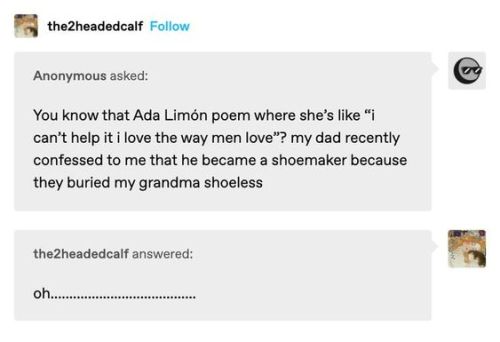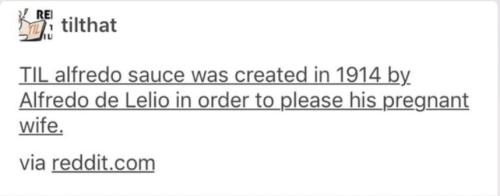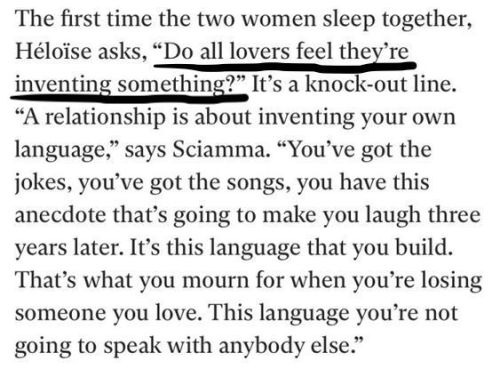*insert J's Lullaby (darling I'd Wait For You)*

*insert j's lullaby (darling i'd wait for you)*
More Posts from Scatteredbeans and Others
*gasps*

“Good boy.”
Carry on countdown Day 13: Devotion.
@bookish-bogwitch this one is for you.
*double heart eyes*










@the2headedcalf / On Love, Alain de Botton / @tilthat / Céline Sciamma / Twitter: Nightshiftmp3 / Twitter: Thepartypope / Portrait of a Lady on Fire / The Clean House, Sarah Ruhl / The History of the Band-Aid / weird-facts.org / @roses–and–rue
i'll literally marry anyone who makes this for me as breakfast while im still lying in bed on a september morning and a folklore track is playing somewhere.....bonus cookie points for the eggs and bacons and a nice cup of coffee...:)
my bestie made moony’s toasts. that’s it. that’s the post.


this poem lives rent free in my mind
lily evans potter: womanhood, motherhood & morality
lily as the dream girl in canon and fan spaces
i want to talk about this while there isn't a current upsurge in the discourse
Lily Evans Potter is introduced to us as Lily Potter, the dead mother of Harry Potter. Lily and James potter, dead, leaving their poor, miraculous son to live with the dull, horrible Durselys. We only ever see her through, with the exception of her sister, the memory of men.
I've said before that I believe James and Lily are the ideal masculine and ideal feminine, both to Harry and in a metatextual way. parents are our introduction into gender roles, the "correct" way to be a man and woman. since Lily is dead she cannot disappoint Harry. she can be imagined as the perfect woman, which is, of course, a wife and mother. the dream girl!
Lily's death makes her a silent, ever-loving, beautiful young mother, for both Harry and the reader. James is slightly deconstructed in SWM, but Lily is not. She is a fierce protector, brave, clever, and only emotional (angry) once James, her future husband, provokes her enough.
in the text Lily is not truly presented as flawed in a meaningful way. the moral choices she makes: to build a relationship with Severus, to defend Severus, to break their relationship when he refuses to reject bigotry, to join the Order, to die for her child, are all the correct moral choices. these are the choices the narrative is telling us to respect.
women have, for the past 200 years or so, been conceived of as the moral center of the family.* Lily Evans Potter is the moral center of the series. her choice to die is mirrored by the main character, Harry, and sparks the beginning of victory. Harry's sacrifice is enabled by another mother, Narcissa, making the correct moral choice because the power of her maternal love urges her to this choice. finally, Voldemort's most powerful follower, Bellatrix, is killed by a housewife and mother, Molly, in a maternal rage at the idea of her daughter being murdered.
Lily's sacrifice and the emotions behind it are mirrored multiple times in the final battle because it and she are the moral center of the series.
that Harry is frequently told he has his mother's eyes, and that Dumbledore points out how his essential nature mirrors his mother's, further highlights Lily's character and her choices as implicitly good.
women, especially mothers, as our moral authorities, is an unconscious cultural belief we can see play out in the fandom and subfandoms that Lily is discussed in. we can all recall the characterization of Lily as the goody-two shoes that James has to change for, the characterization of Lily as "not like other girls", the BAMF characterization, the current near mommy dom to James characterization.
the characterization of Lily changes with our view of the best kind of woman. but she is, always, demonstrating a most "correct" way to be. maybe it's 2007 and she's telling James off—not fun, but right. or it's 2012 and she's not preoccupied with boys like her classmates. or it's 2019 and she always knows the right thing to say to Remus when he's down on himself. or it's 2025 and James is trailing after her like a puppy while she contemplates what size strap to use on him after she beats up a bigot.
We don't see a lot of moderate views on Lily. Above, I've discussed how Lily lovers tend to portray her. Lily haters, a smaller group from what I can tell, do not utilize these common fanon characterizations. They disparage her as an immoral, selfish, bad woman. The wholesale rejection of Lily as the moral center based on her perceived immorality is the other side of the coin.
I'll refer to people with this perspective as "Lily haters" though I am aware there are people who dislike her outside of the topics I'm discussing.
I rarely engage with Lily haters, though I am aware of their arguments that Lily was a bad friend to Severus, a social climber, a gold digger, or boring. All grave sins for the woman who's supposed to save everyone.
This perspective doesn't reject Lily as the moral center or the perfect woman, it is an argument that she's not fulfilling her role correctly. Her unwillingness to give Severus more chances is selfish, stuck-up, classist. Her desire for James is an further betrayal of Severus.
She's supposed to be the Madonna, why is she being a whore?
I believe Lily hate comes from a belief she failed at being the perfect woman/mother, and therefore she is worthless. A bitch. Weak willed. Oversexed. even by haters her role as the moral center is not questioned.
in both the og text and in the fandom supertext Lily is the moral center because of her role as mother. her status as the moral center is inextricably tied to her motherhood. since Lily being a mother is the point of her character, divorcing her from her motherhood often changes the foundation of her character.**
when her literal motherhood is removed from a depiction of her character, her metaphorical status as the perfect woman/mother is often still intact. this is seen in the characterizations I described earlier, and, I argue, in the belief that she's too good for James when it is used as a "justification" for shipping James with someone else.*** thereby, she is further purified, not even having been touched by a man. she's put on a pedestal, where she can't be touched, and is rarely noticed.
it is also frequently seen when she is written as a side character in a relationship with James, and the pair become the dual moral guides for the main couple.
this reflects James and Lily as the ideal masculine and feminine, as they are a perfectly harmonious couple when a side pairing. their implicit canonical roles are subconsciously reflected in fanon with little critique or commentary on the canon text.
Lily's entire character is crafted to be The Perfect Mother™️. whether she is literally a mother in her fanon depiction or not, she is still The Perfect Woman™️—and is still affected by the biases our culture has towards women and mothers.
thus, Lily is the dream girl in the text, the moral center only seen through a nostalgic veil, and a dream girl in fan spaces, as the moral guide for the men in her life who pegs her husband or is too pure for the touch of a man.
for more on gender in the wizarding world, based on gender in early modern england (pre the cult of domesticity) see this post
*see the cult of domesticity if you'd rather not read the article
**please like fucking do not fucking act like I'm saying you cannot do this. I swear to fucking god
***you don't need to justify your ships
but oh that 2%!
I am genuinely, about 98% sure, that I will never experience true, permanent happiness.
bisexual bitch!
Reblog if you're gay, lesbian, bisexual, pansexual, asexual, transgender or a supporter.
This should be reblogged by everyone. Even if you’re straight, you should be a supporter.
When a physicist falls in love :)
Richard Feynman's love letter to his deceased wife, 1946.

i love taylor so much because lover ends with declaring that she wants to focus on joy and not heartbreak. then she writes folklore and evermore, two albums about heartbreak. then she ends evermore with declaring that she’s learned when it’s time to move on and that she’s still survived with herself intact, and she’s leaving the past behind. then she writes midnights, an album about going back in time and refusing to move on from the past. it ends with declaring that the lunch tables of her past don’t matter anymore because she’s in control of her relationship and her life. then she writes the tortured poets department (including the anthology here), an album about how she lost complete control of everything and maybe never had it to begin with. it ends with declaring that these stories aren’t hers to process anymore, and she releases them in order to find her freedom.
can’t wait to see how ts12 fits into this
-
 smartcookieproductions liked this · 3 years ago
smartcookieproductions liked this · 3 years ago -
 dr3adfuldarling liked this · 3 years ago
dr3adfuldarling liked this · 3 years ago -
 theeyeholeman liked this · 3 years ago
theeyeholeman liked this · 3 years ago -
 punkcottagecoreprincess liked this · 3 years ago
punkcottagecoreprincess liked this · 3 years ago -
 seehowdeepweget liked this · 3 years ago
seehowdeepweget liked this · 3 years ago -
 scatteredbeans reblogged this · 3 years ago
scatteredbeans reblogged this · 3 years ago

